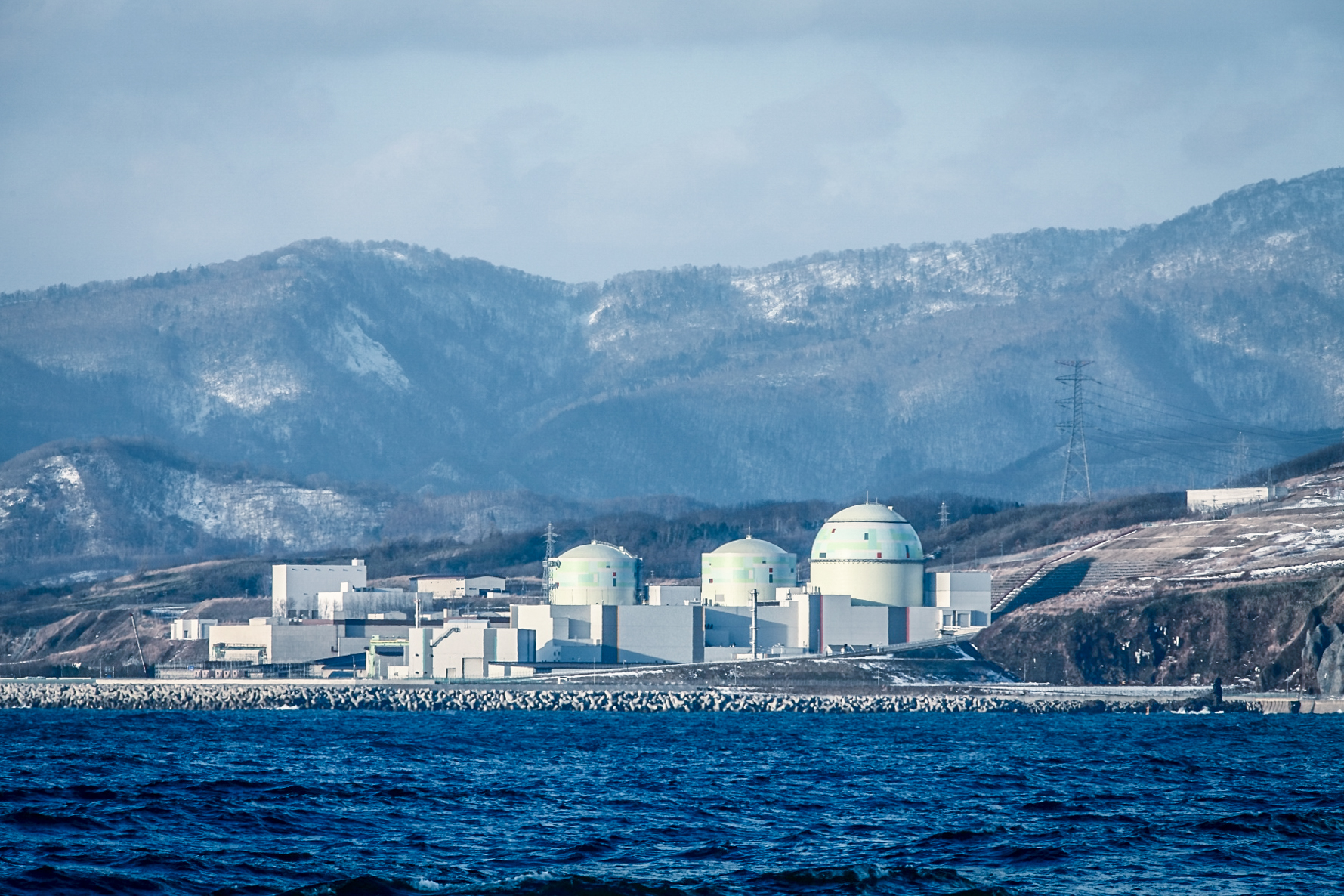GLOBAL is an international conference on the nuclear fuel cycle that has been held every two years since 1993. This year, the Société française d’énergie nucléaire (Sfen) sponsored the conference in Reims, in northeastern France, under the theme of “New nuclear perspectives in the energy supply crisis and climate emergency.”
President Arai’s presentation came on the first day, during Plenary Session 1. The purpose of the session was to consider nuclear power’s contribution to the security of energy supplies in countries weakened by their dependency on crude oil and natural gas imports, and, at the same time, its value to climate-neutral ambitions, with a particular focus on the impact on the nuclear fuel cycle.
In that context, President Arai talked about Japan’s energy policy, the restart of nuclear power plants (NPPs), R&D programs, and progress on the fuel cycle. In light of recent political and other developments, he said that global instability and its effects on energy would remain a major factor, and that the maximum use of decarbonized energy was vital as a means to combat climate change and realize carbon neutrality by 2050. He emphasized that it was nuclear energy that can substantially contribute to resolving these issues.
President Arai continued by reiterating that Japan would have to restart its NPPs steadily and quickly for the sake of realizing the 3Es (energy security, economic efficiency, and environmental protection)—the heart of the country’s national energy policy—and achieving a nuclear power source component level of 20-22% in the energy mix by FY2030.
He then said that Japan would continue to promote the nuclear fuel cycle from the viewpoints of effectively using natural resources, reducing volumes of high-level radioactive waste, and reducing toxicity. He also explained the program by domestic utility operators in Japan to burn MOX-fuel at light water reactors. He went on to talk about progress on the Rokkasho Reprocessing Plant and MOX Fuel Fabrication Plant, both in their final stages of construction.
He concluded by expressing a strong determination that the Japanese nuclear industry would “continue its activities toward the maximum use of nuclear energy offering stable supply, economic efficiency and environmental compatibility, and completion of the fuel cycle, in coordination and cooperation with the international community.”
The session also included a video message from Director General Rafael Mariano Grossi of the International Atomic Energy Agency (IAEA), and presentations by Diane Cameron, head of the Nuclear Technology Development and Economics Division of the OECD’s Nuclear Energy Agency, Michael Hübel, EC, and representatives from Britain, the U.S., France and China.
Upon returning to Japan, President Arai characterized what had been discussed at GLOBAL 2022 by saying, “Last year, decarbonization was the top priority. Now, as a result of Russia’s invasion of Ukraine, energy security has been recognized as a matter of national security, and improving energy self-sufficiency and securing stable supplies seem to be major concerns for many countries.”
In the current of the times, President Arai gave his assessment: “The importance of nuclear power is being re-examined in many countries, and policies to promote it are being carried out. The importance of the nuclear fuel cycle is also increasing as a means for reducing dependence on Russia at the front end, and for the efficient use of resources.


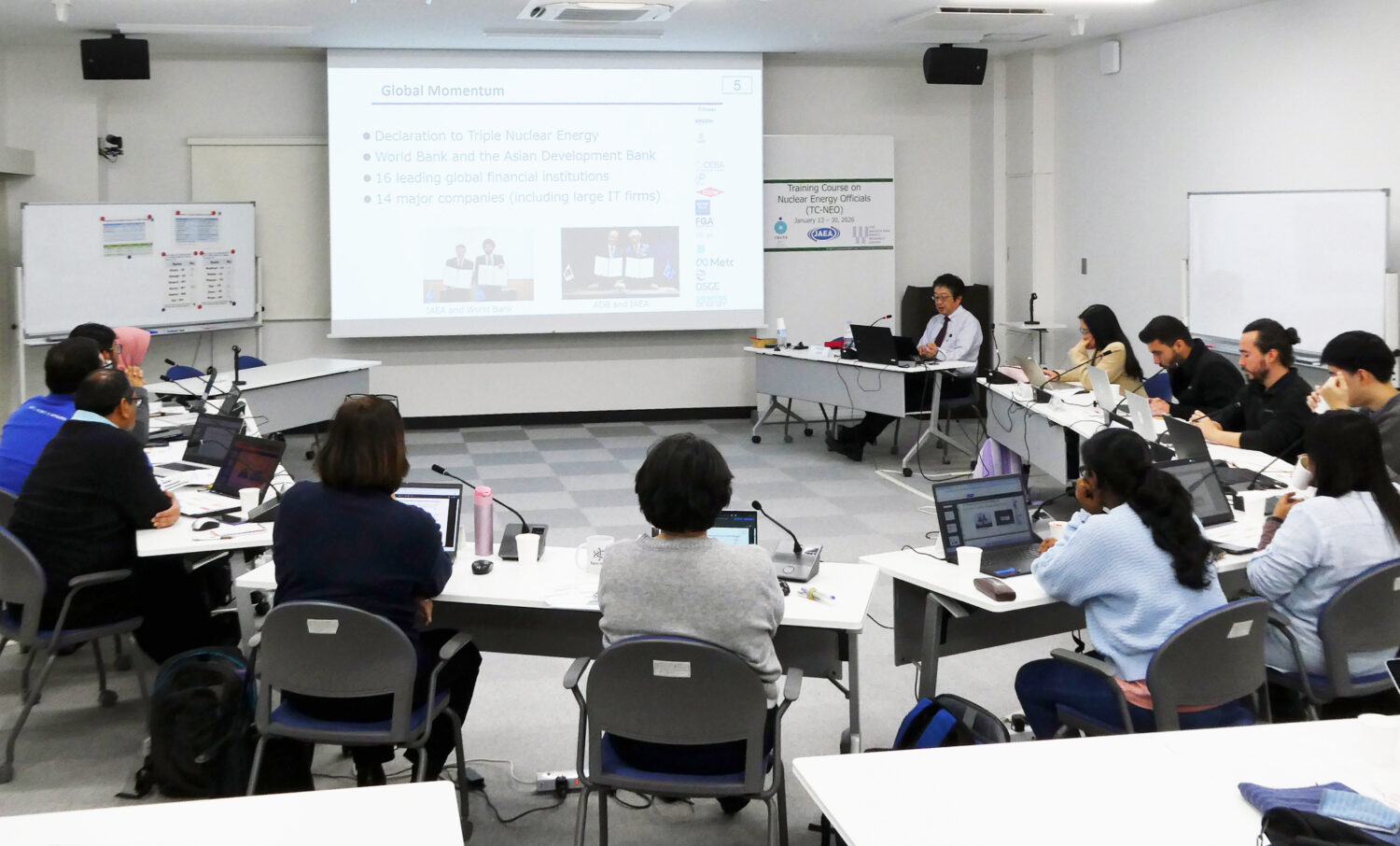
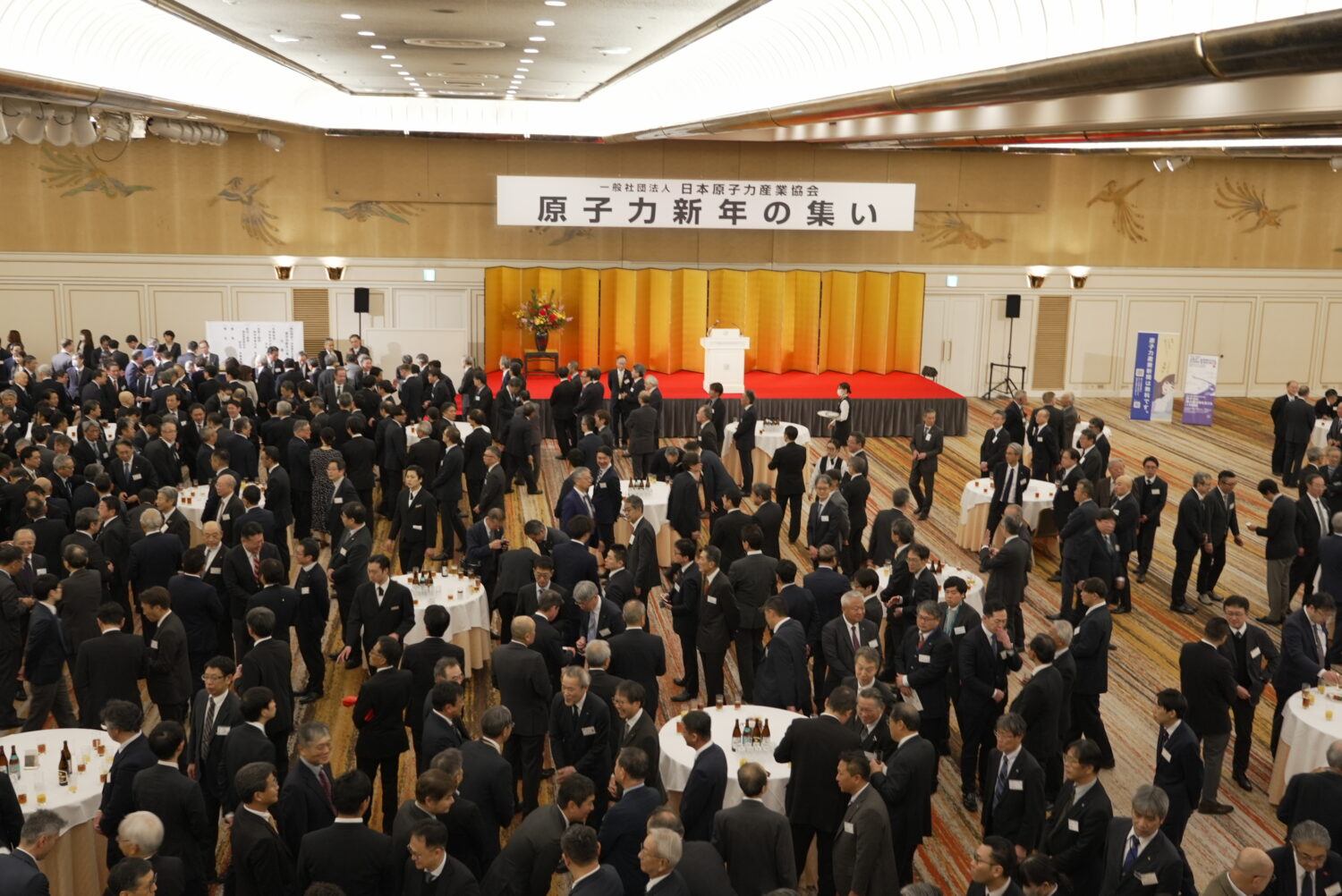
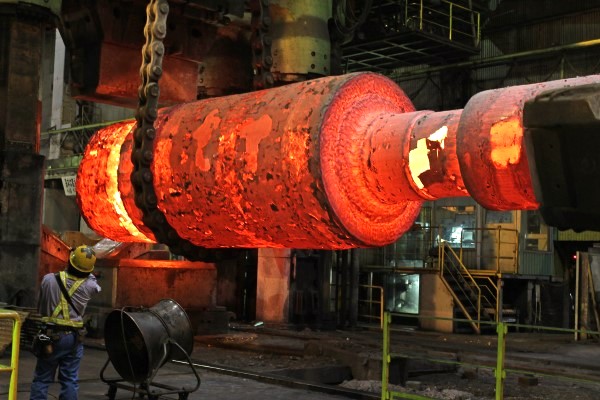






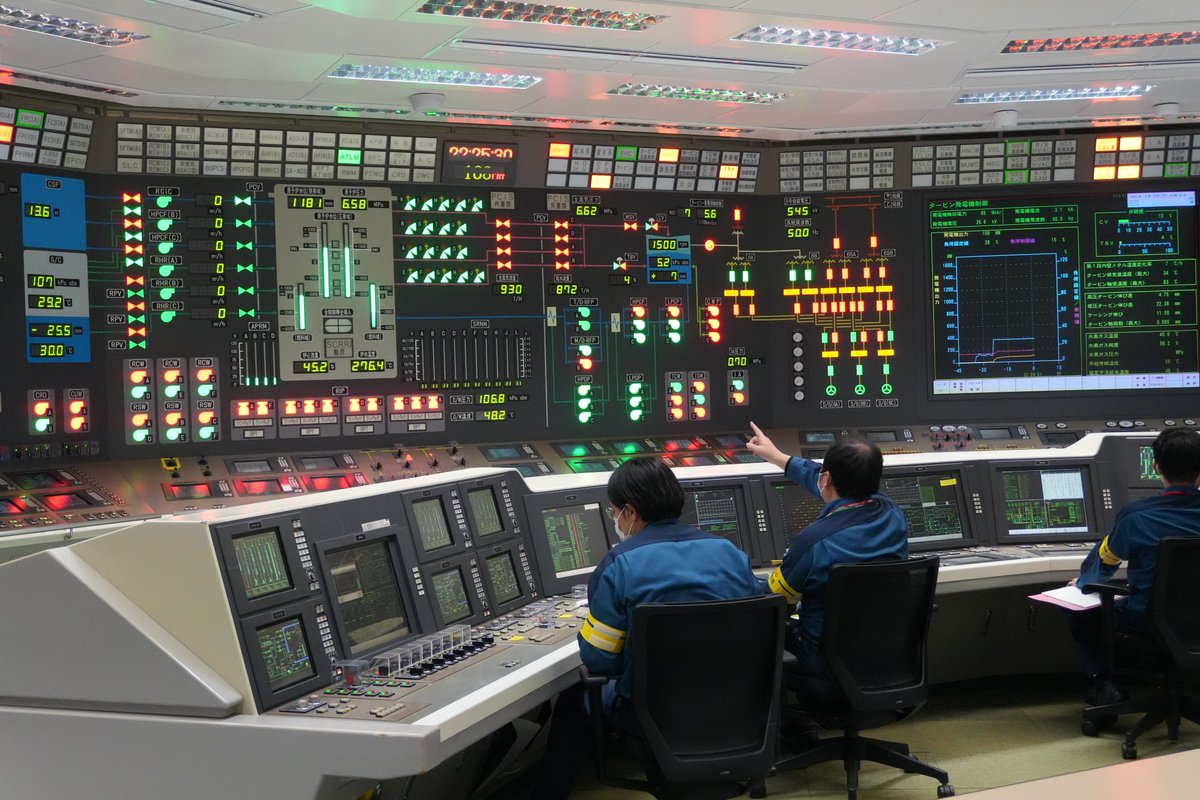
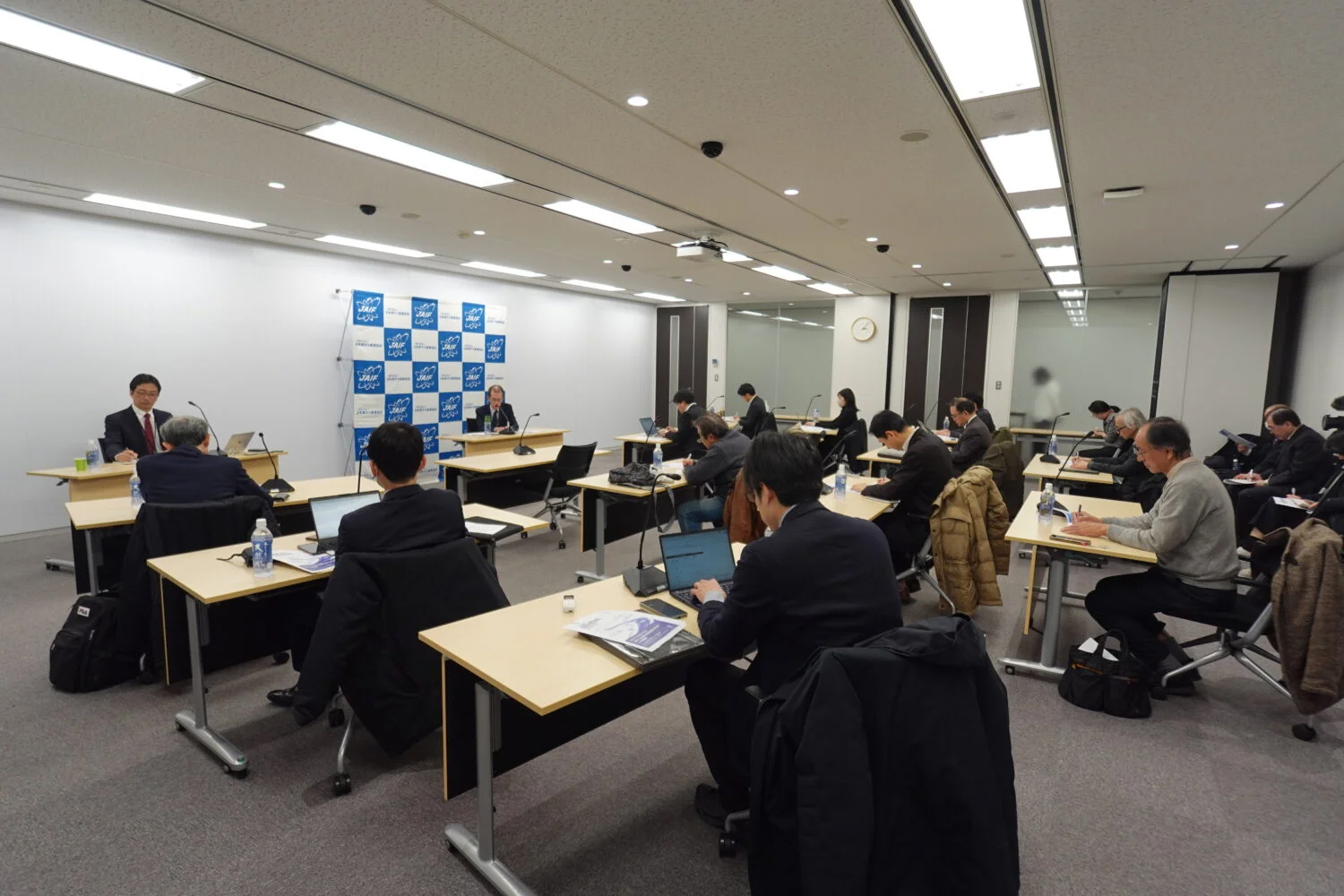
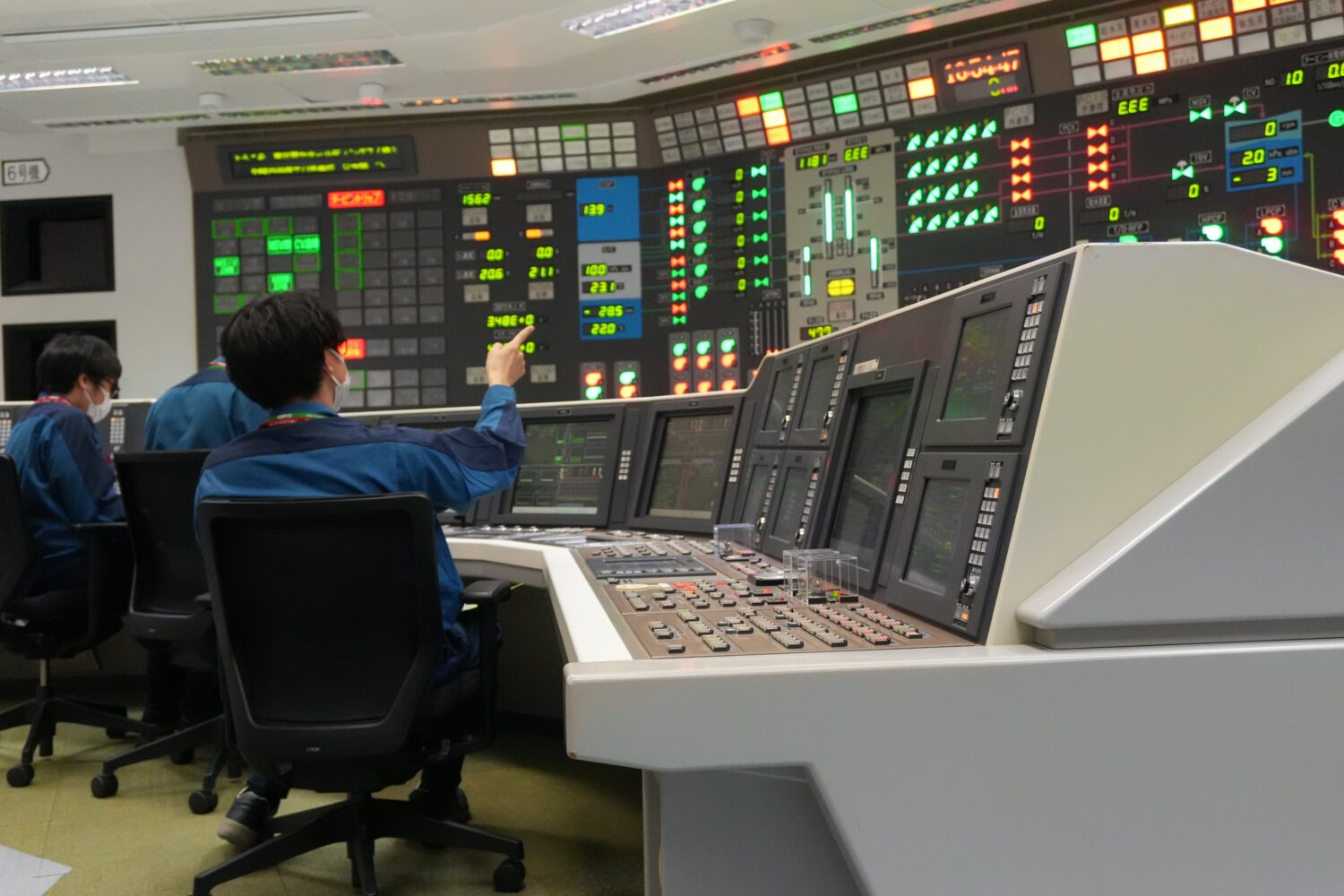
-013.jpg)
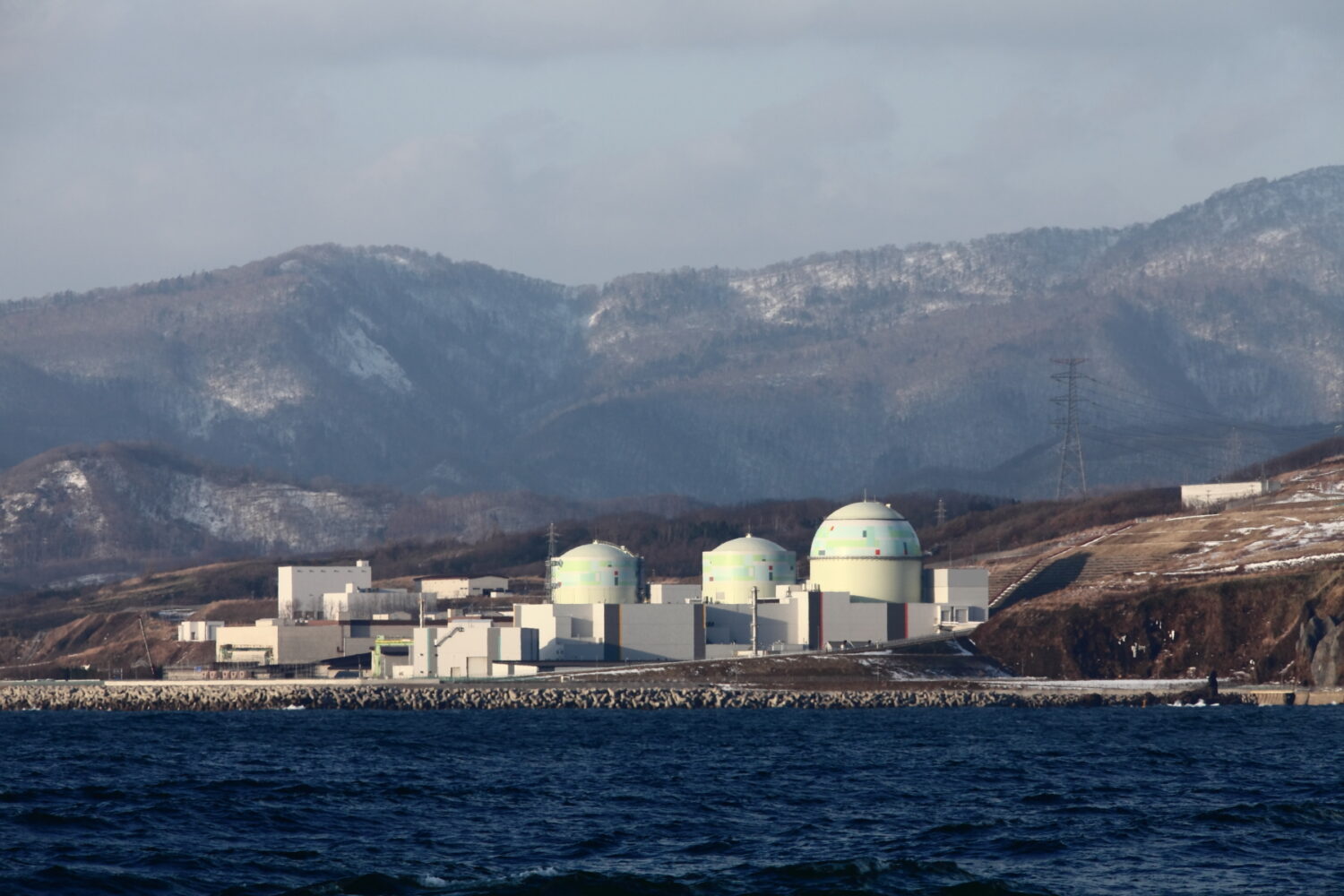
-049.jpg)
.jpg)

